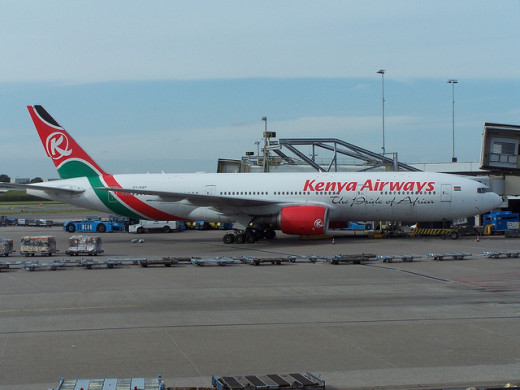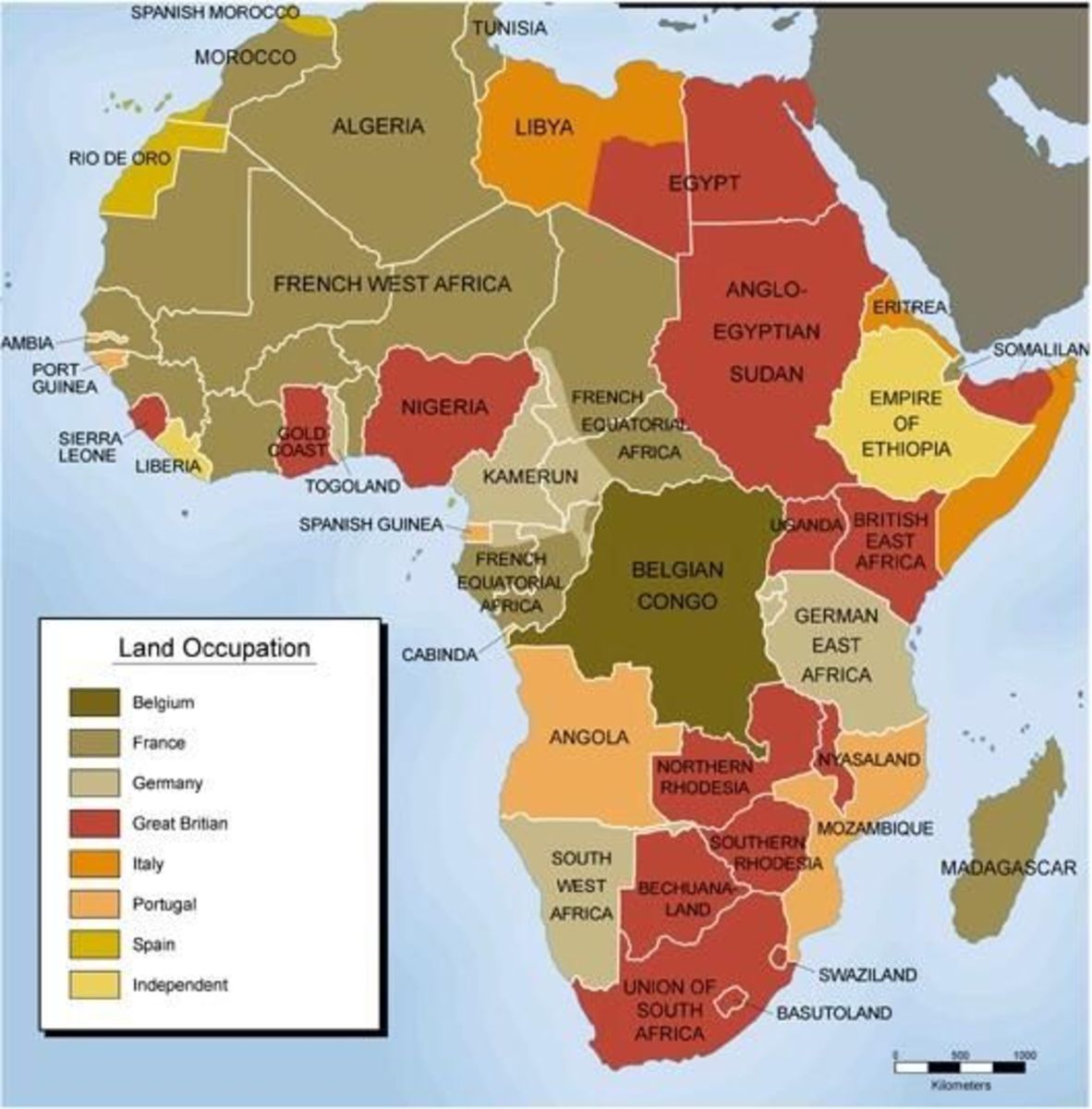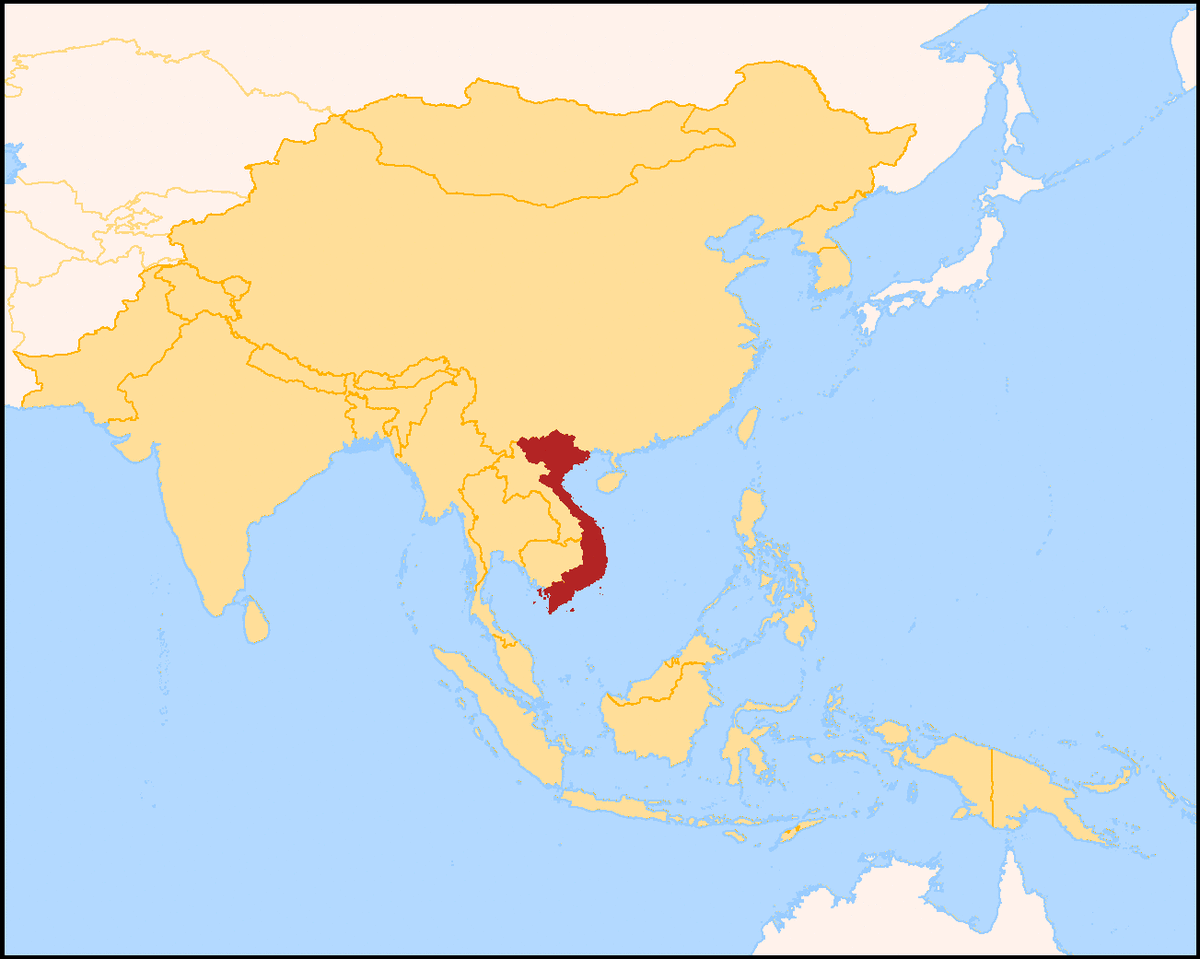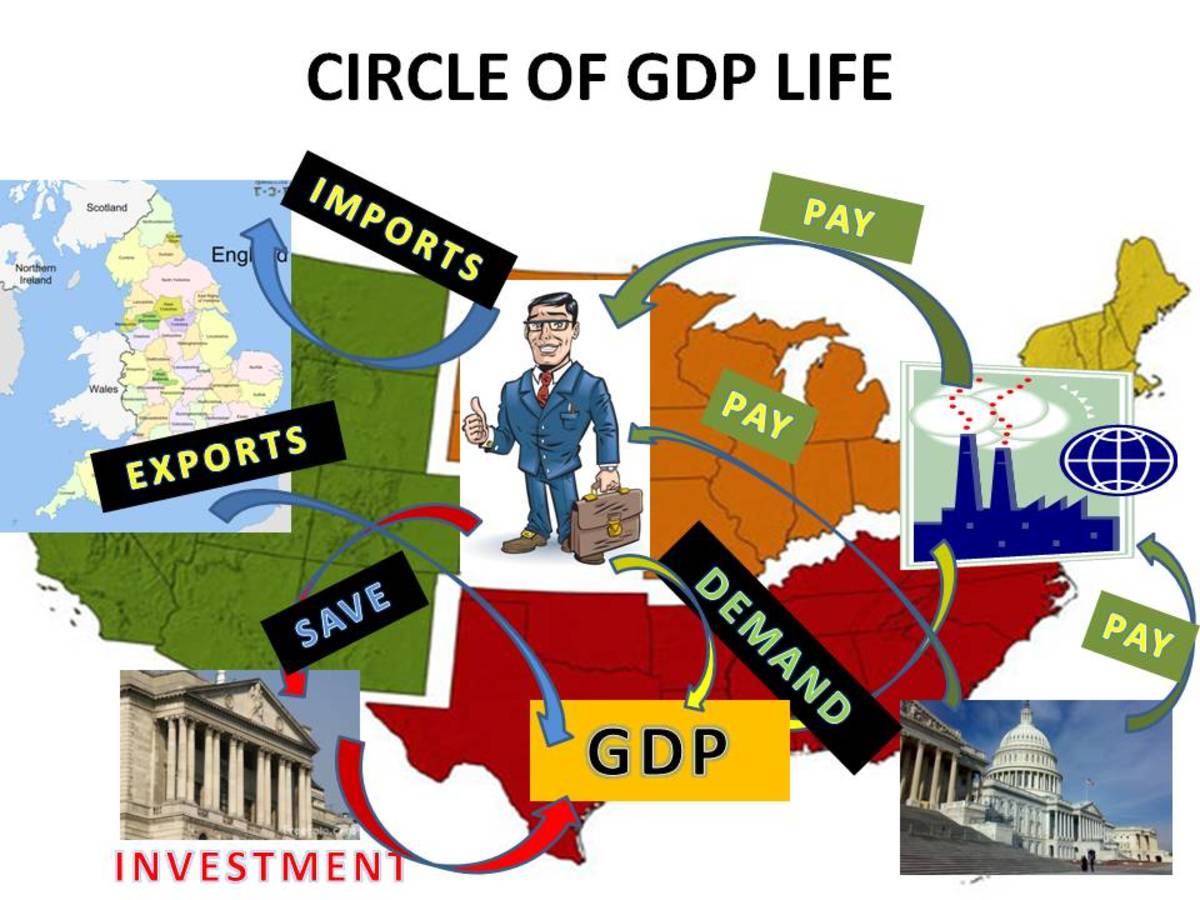- HubPages»
- Education and Science»
- History & Archaeology»
- History of the Modern Era
21st Century Africa On The Rise
Despite the dominant perception that Africa is largely a continent ravaged by extreme poverty, famine, disease, and hopelessness, there is a growing desperation and race by major economic and military powers, to invest huge economic and military resources into the second largest continent in the world. Although world economic aid has been flowing into the continent for seven decades, world aid to this region have been argued to be ineffective in reducing poverty and spurring economic development, thereby supporting the dismal outlook embraced by many Africa watchers. According to the global image programmed into the minds of many regarding this region, those assumptions are not baseless. However, a host of data lend to a far different and more factually based promising future for the continent hosting one of the fastest growing economic regions in the world, and host of seven out of the ten fastest growing national economies in the world.
The Speed Of Africa's Economic Expansion
According to the International Monetary Fund(IMF), Sub-Saharan Africa is the second fastest growing economy in the world behind Asia,(China and India, respectively).(Sayeh, 2013)). Despite it’s image of being mainly a poor continent, there are more poor people in China and India, as asserted by international economist and former world bank consultant, Dr. Dambisa Moya. In fact, the economies of Sierra Leone, Niger, and Angola are growing faster than China(Moyo, 2012). According to the World Bank publication, Africa’s Pulse, an analysis of issues shaping Africa’s economic future(The World Bank, 2012), not only have sub-Saharan African countries been growing at a steady pace, but projections expect sustainability in their economic expansion. Although there have been a current dip in the economic growth rate from the historic two decades of 4.4% to a mere 4% for 2015(The World Bank,2015), sub-Saharan Africa is projected to pick up again in 2016 to a growth rate of 4.5%. It is important to note, projections of global economic growth are only at 2.9%, while growth in high income countries such as the US, are at a mere 2.3%.
Thriving Economies In Africa


China's Investment In Africa
It is ironic that China is largely responsible for Africa’s phenomenal growth over the last ten years. During this time, China has made enormous investment in the Sub-Saharan region’s infrastructure and job creation. While the US focus in Africa until very recently have been primarily military expansion and charitable type aid, China has focused on the mining and mineral industries, oil and gas sectors, as well as the agriculture and banking sectors. While the US strategic interests focused on efforts to promote the building of democracies, rooting out global threats such as Al-Qaeda and ISIL, and the stabilization of the governments’ political structures, China has been building economies in a way that world economists agree is of significant benefit.
While there are significant challenges still facing Sub-Saharan Africa, the dominant narrative promulgated by mainstream media is very misleading. The perception painted by mainstream media is what some fear are impediments to the region’s progress. The perception of dismal prospects discourage private investment in the region which is imperative to its long term economic sustainability. Also, the billions of dollars in aid that have been flowing into this region for the last seven decades have created a dependency that impedes economic development. Famed, bestselling author and economist, Dr. Dambisa Moyo, in her book, Dead Aid,(2010) explain that this type of aid actually hurts African economies. This type of aid, she asserts, removes incentive for the governments to focus on development within their countries because of the free income coming in with no strings attached. Additionally, it dis-enfranchises the citizenry because none of the economic activity is being spurred by inside of the country, and therefore leaves them powerless, and unable to foster accountability from their government. Moyo further insists that these governments should not have as their sole benefactor outside interests in the form of free money and unaccountability. In fact, some African countries have started to question, and are moving away from the free aid. South Africa, now the second largest economy on the African continent behind Nigeria, does not depend on foreign aid. Neither does Botswana, another upper middle income economy. Ghana has started straying away from foreign aid, and the Rwanda government has a desire to transition off of foreign aid dependency. (Moyo, 2012)
Global Ethics Forum: A Conversation with Dambisa Moyo
Future Of Africa
As the United States re-focuses its economic policy toward Africa, and China’s continual economic investment persists, prospects for economic sustainability are encouraging. As private investment increase and world views change, there is even more hope. As factually based assumptions and outlook makes its way to the mainstream public view, the continent of Africa increases potential to become a major economic player on the international stage
Abuja, capital of Nigeria

Moyo, D,(2010) Dead Aid, Farrrar, Straus, And Giroux, United States
Moyo, D,(2012,April 23) Big Think Interviews, retrieved from https://youtu.be/jU-U47lFomk
Sayeh, A, Africa: Second Fastest Growing Region In The World (2013, June10) retrieved from http://blog-imfdirect.imf.org/2013/06/10/africa-second-fastest-growing-region-in-the-world/
World Bank, (2012,October) Africa’s Pulse, An analysis of issues shaping Africa’s economic future. Retrieved from www.worldbank.org
World Bank, (2015,April) Africa’s Pulse, An analysis of issues shaping Africa’s economic future. Retrieved from www.worldbank.org








